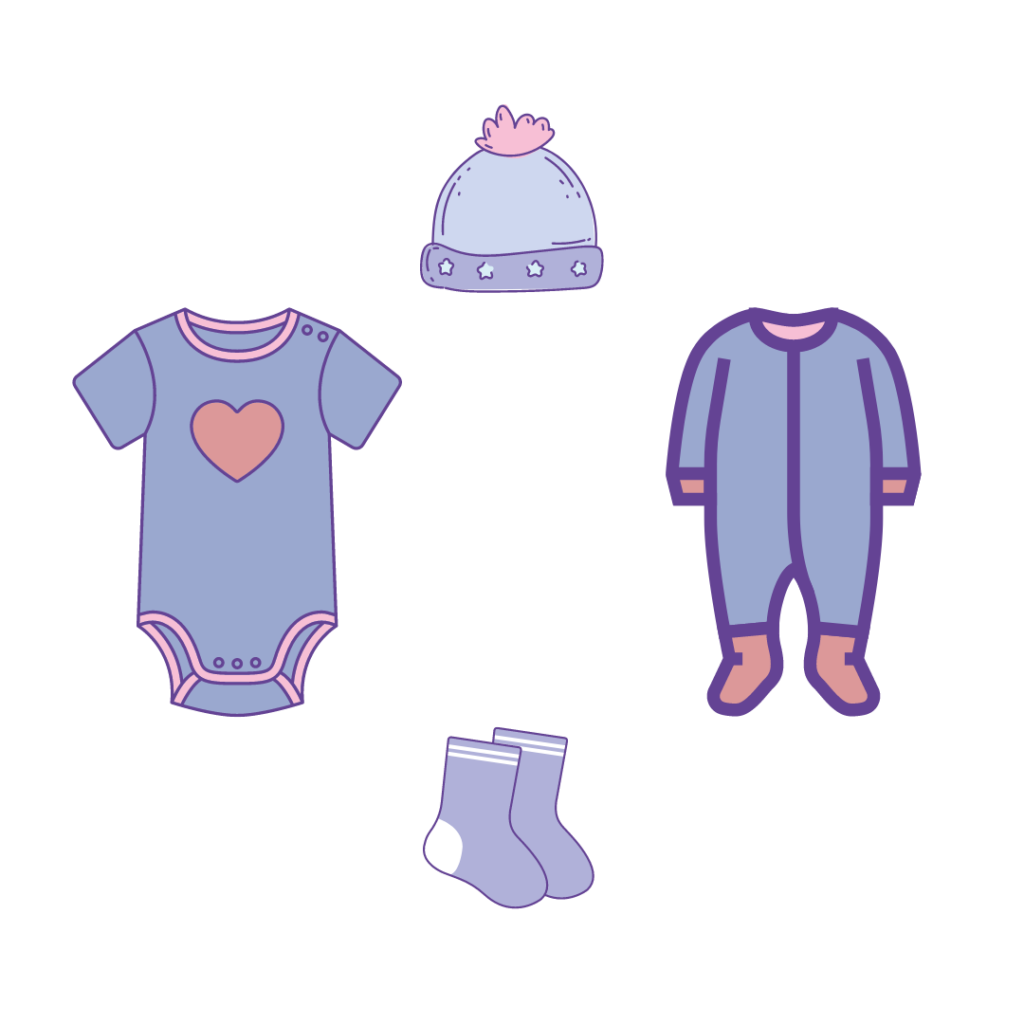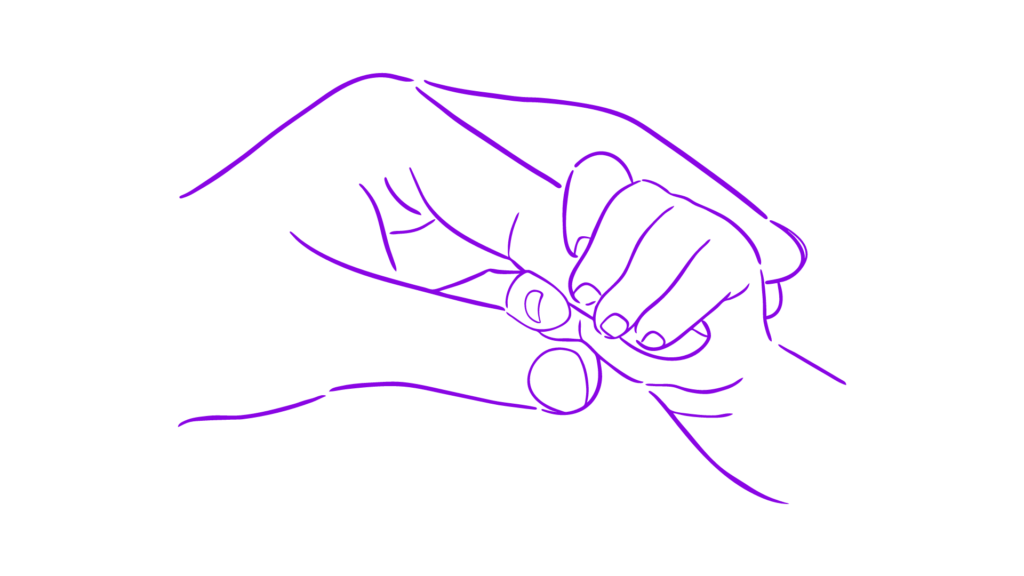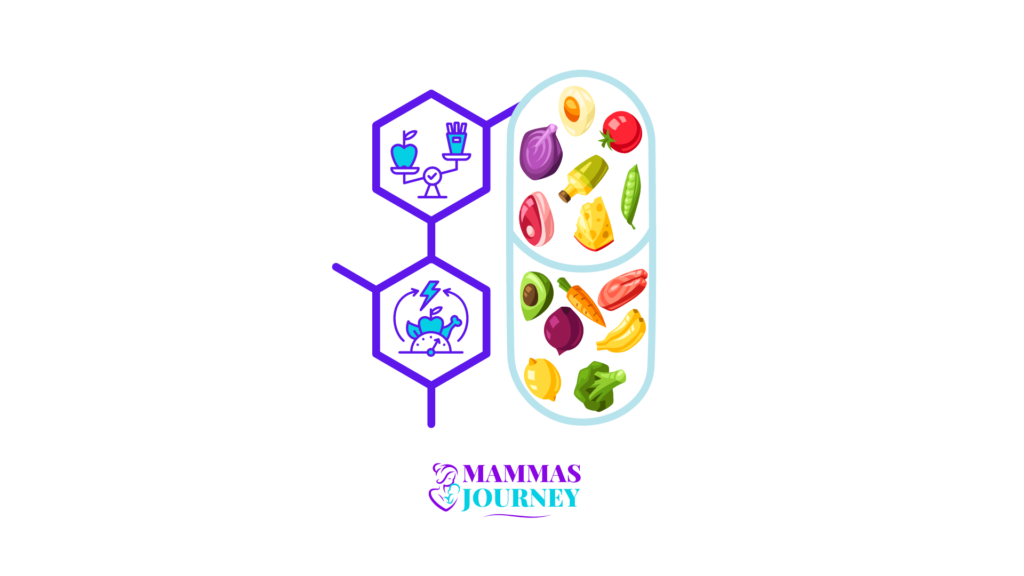Newborn Homecoming -checklist, basics and awareness
Published : 28/05/2024
Last updated: 28/05/2024
Just before your baby arrives and you leave for the hospital, you are or will be focused on the last bit of nesting preparations, making sure you and your home are ready to welcome the little one.
This is also essential because once the baby arrives, you will be pretty busy taking care of the baby and if things are not kept in order before leaving the house it might become a mess!
So, here is a check list to guide you on the basic essentials to make sure you don’t miss a thing:
Things to do before leaving for the hospital
Picking the right dress
It’s pretty exciting when choosing the first outfit of the baby and there are a lot of options, but bringing the baby home actually requires a basic outfit.
All you need is a onesie or footie, a hat, socks (if baby’s feet are exposed), if its cold outside bring a blanket,

Getting the car ready
Some hospitals won’t let you leave without a car seat, so get it installed and inspected before you leave for delivery.
Make sure it’s rear-facing and installed in the back seat, with the straps snugged at chest clip level with baby’s armpits.

Picking a pediatrician
This should be done way before delivery, and to make sure that you have a good pediatrician, its advised to go to a couple of appointments before the baby arrives.
The baby will have their first appointment between two to three days of being born, so its wise to meet-greet and select a preferred pediatrician before hand.

Baby at home basics
Brace yourself for the baby’s sleep, eat, poop and repeat cycle! Here is what to expect from a newborn (including the weird things):
Sleeping
Newborns sleep a lot in their first week after arrival. Pediatricians usually mention that they’ll be sleeping for 20-22hrs a day during this time.
Your task is to make sure that you have a crib or bassinet ready that’s free of any toys, blankets, pillows or padded bumpers. The only thing that should be with your baby, inside the crib is a tightly fitted sheet!
Feeding
A big concern from new parents is the quantity of food for the baby. Do understand that babies are born with a very small stomach, so it is recommended to feed them a limited amount of breast milk or formula usually between 2-4 ounces, but this must be done at frequent intervals -8-12 feeds per day.
Poop and Pee
If your newborn is being fed right, pee counts for the first week will usually correspond to the number of days from their birth. For example they will pee once on their first day, twice on their second day, three times on their third day and so on.
Their poop will be black and sticky for the first couple days, and usually they will poop once. Afterwards breast fed babies will have poop with mustard color it will be runny and seedy and will poop 3-4 times a day. For babies being fed formula milk, poop will be claylike and number of poop will be less frequent, sometimes not even once a day.
Crying
The only way newborn’s can effectively communicate is through crying. So, there will be a lot of crying, and some new parents might feel overwhelmed by it. However, they might be trying to convey that they are hungry or maybe they are not feeling comfortable, or maybe be they are feeling too hot or too cold – initially you might not get this, but you’ll eventually understand what their facial expressions mean or what they are crying for.
The umbilical cord
The umbilical cord stump will still be attached to the baby when you take them home. Make sure you don’t disturb it in any way, allow it to get air and make sure its dry. Fold the diaper a bit so that the cord remains undisturbed.
It will fall off on its own between 7-10 days, till then give the baby sponge baths.
Ensuring safe exposure
Since their immunity system is still developing, they will be susceptible to infections. So, here is a list of preferred things to avoid infections:
1. Limit family members visiting the baby, for the first few weeks, and who ever is coming in contact to the baby must wash their hands with soap first -NO KISSING THE BABY!
2. If you want to take the baby outside, it is recommended to take them to open areas, during day time, with mild sunshine – take a walk in the park.
3. Strictly avoid closed spaces such as shopping malls or stores for six to eight weeks.
Calling the Doctor
For first time parents it can a bit intimidating when bringing the newborn home. It is suggested that you get your pediatricians after hours phone number to call and check if you are unsure of something. Here are some red flags that require immediate attention from the pediatrician:
- Yellow eyes or skin – can be a sign of jaundice.
- Not pooping for 48hrs or peeing for 24 hrs.
- Refusing to eat.
- 100.4 degrees Fahrenheit fever.
- Difficulty Breathing.
- Repeated Vomiting.
- Lethargic or extremely sleepy.
- Patches of white inside baby’s mouth – could indicate yeast infection.
- Unusual or severe rash.
- Frequent bowel movement with mucus or foul odor.
- Excessive crying and you can’t figure out why.



